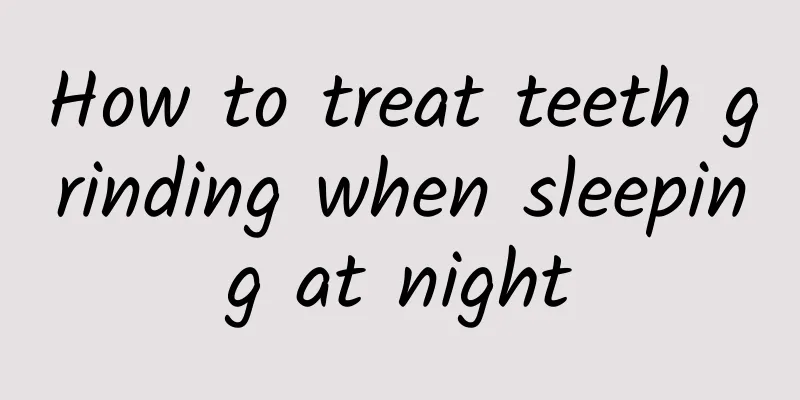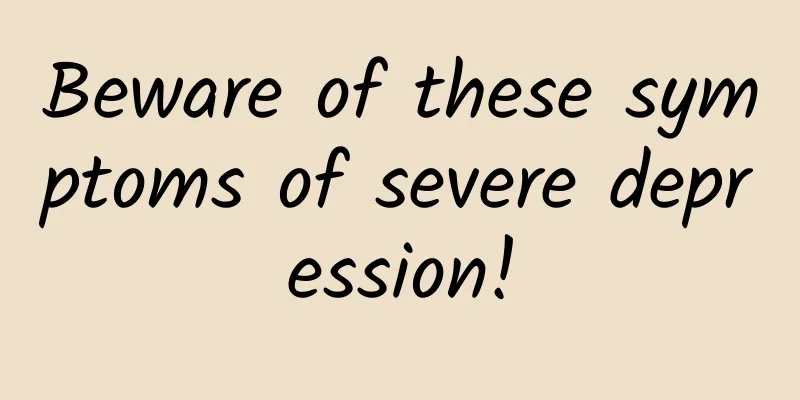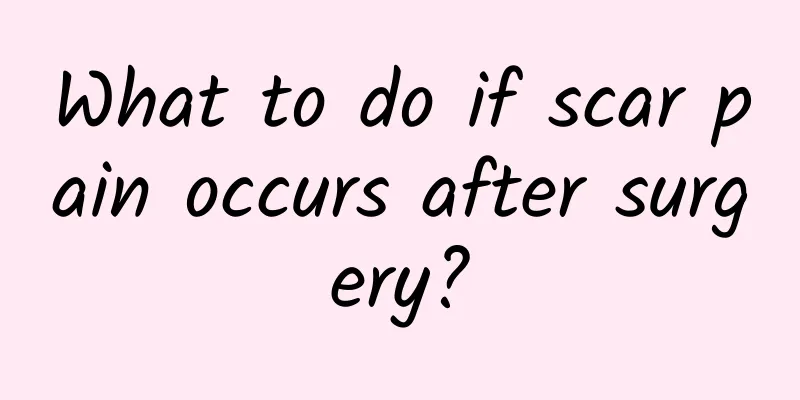How to treat teeth grinding when sleeping at night

|
Grinding teeth while sleeping is a physical reaction that many people often experience when they sleep at night, but they are usually unaware of this reaction, and we only know about it from our family members. Although teeth grinding while sleeping is common, it can cause certain harm to our body. So, how to treat teeth grinding while sleeping? This is a question that many friends who suffer from teeth grinding while sleeping want to know. Generally speaking, grinding your teeth while sleeping at night has no effect on yourself, but it can have a relatively large impact on people you live with, especially those who grind their teeth loudly at night. Many times, people living together cannot sleep. In response to this phenomenon, let’s talk about the specific treatment methods for teeth grinding while sleeping. Treatment There are many treatments for bruxism, and the main clinical purpose is to reduce the damage caused by bruxism to the occlusal surface of the teeth and alleviate the symptoms of muscles and joints. The principle is to block the cause of the disease and reduce the damage. 1) Psychological treatment: There are indeed psychological factors that cause excessive tension in the jaw muscles. Eliminate tension, relieve unnecessary worries, and arrange work reasonably. If necessary, take diazepam tablets orally, 1-2 times a day, one tablet each time. There is dependency. 2) Treatment to reduce brain excitement: Resting and relaxing before going to bed, doing proper gymnastics, avoiding stimulating foods and smoking, and improving the sleeping environment are all helpful in reducing the brain's excitement. Mobilize the patient's self-awareness and self-control psychological effect to reduce the occurrence of bruxism. The effect is very small. 3) Muscle relaxation therapy: Excessive tension in the jaw muscles is one of the causes of bruxism. Relieving excessive muscle tension during treatment is a necessary means to control bruxism. Commonly used methods include: the use of muscle relaxants; physical therapy, training of the physiological functions of the masticatory muscles; massage; audio-visual cues and other methods. The effect is very small. 4) Treatment with awakening stimulation during sleep: Through biofeedback, the patient is awakened by electrical signals such as sound when bruxism occurs, thereby temporarily stopping bruxism. Some researchers have performed temporary afferent electrical stimulation on the lips, and the results showed that it was effective in controlling bruxism. However, this method interferes with the sleep of patients and their cohabitants and is not effective in the long term. 5 ) Occlusal adjustment treatment: By grinding a small amount of tooth tissue, removing occlusal interference and premature occlusal contact, and establishing an occlusal balance relationship, a physiological balance between the jaw, masticatory muscles, and temporomandibular joint can be achieved, and bruxism can be eliminated. For patients with malocclusion, orthodontics or restoration are performed first. Then take Muyating capsules to regulate the nerves and eliminate bruxism. 6) Intestinal anthelmintic treatment: Ascaricidal treatment reduces the peristalsis of intestinal parasites and stimulates the intestinal wall. Bruxism caused by roundworms may occur in children for hygiene reasons, but the chance of bruxism caused by roundworms in adolescents and adults is almost non-existent. Therefore, deworming treatments are not effective for adolescents and adults. 7) Occlusal splint treatment: Make a dental splint and wear it on your jaw before going to bed at night and remove it in the morning to relieve muscle tension. It is currently the most easily accepted by doctors and patients. It is effective in preventing tooth wear but cannot cure bruxism. 8) Correct bad habits in the dental and maxillofacial system. Such as unilateral chewing, biting pencils, and chewing gum frequently. To sum up, we have learned that there are actually many treatments for teeth grinding at night, and the eight different methods introduced in the above article are actually only a small part of the treatments for teeth grinding at night. However, the above-mentioned treatment methods are still very effective for treating teeth grinding while sleeping at night, so those of us who have the habit of grinding our teeth while sleeping can try these treatment methods in the future. |
<<: What causes teeth grinding at night?
>>: How to treat teeth grinding when sleeping at night
Recommend
How to kill the tooth nerve
The most common symptom of people with tooth deca...
8-year-old child walks on tiptoes
For an eight-year-old child, if he still walks on...
How to treat cerebral arteriosclerosis effectively
Cerebral arteriosclerosis is more common among mi...
Can flat warts be transmitted to others? Timely treatment to prevent infection
Flat warts generally cause mild itching, and are ...
How many blood types do humans have?
Everyone has a blood type, and the specific blood...
Amyotrophic lateral sclerosis
I don't know how much you know about amyotrop...
What ointment should be used for anal eczema? The treatment is so simple
Some bad habits in life can induce anal eczema. E...
What causes liver pain?
Liver pain is relatively common in clinical pract...
Symptoms of babies accidentally ingesting antihypertensive drugs
Antihypertensive drugs are common medicines for t...
What methods does traditional Chinese medicine use to treat genital warts?
Traditional Chinese medicine has a history of tho...
What will happen if you have severe kidney deficiency? You must know these hazards
Kidney deficiency is a type of disease that curre...
Bone bulge behind neck
Many people's jobs require them to maintain a...
Symptoms of miscarriage in early pregnancy
Women must be cautious during pregnancy and be al...
Symptoms of copper deficiency in women
Compared with men, women are always weaker and mo...
What causes sudden vomiting and dizziness? Five reasons to pay attention to
In life, some people will experience sudden sympt...









